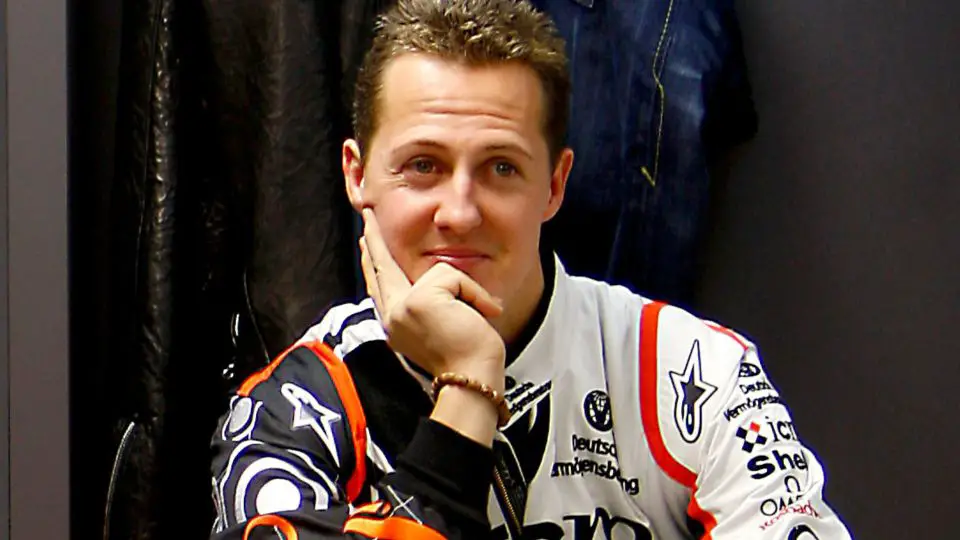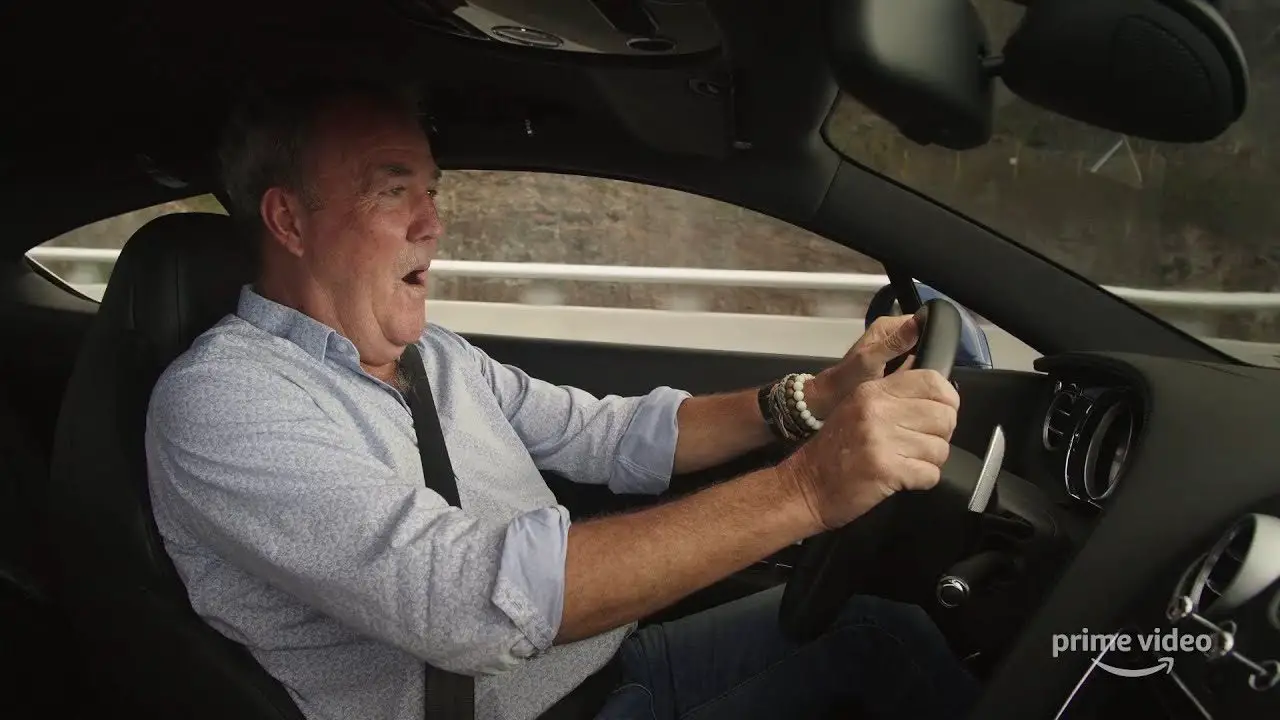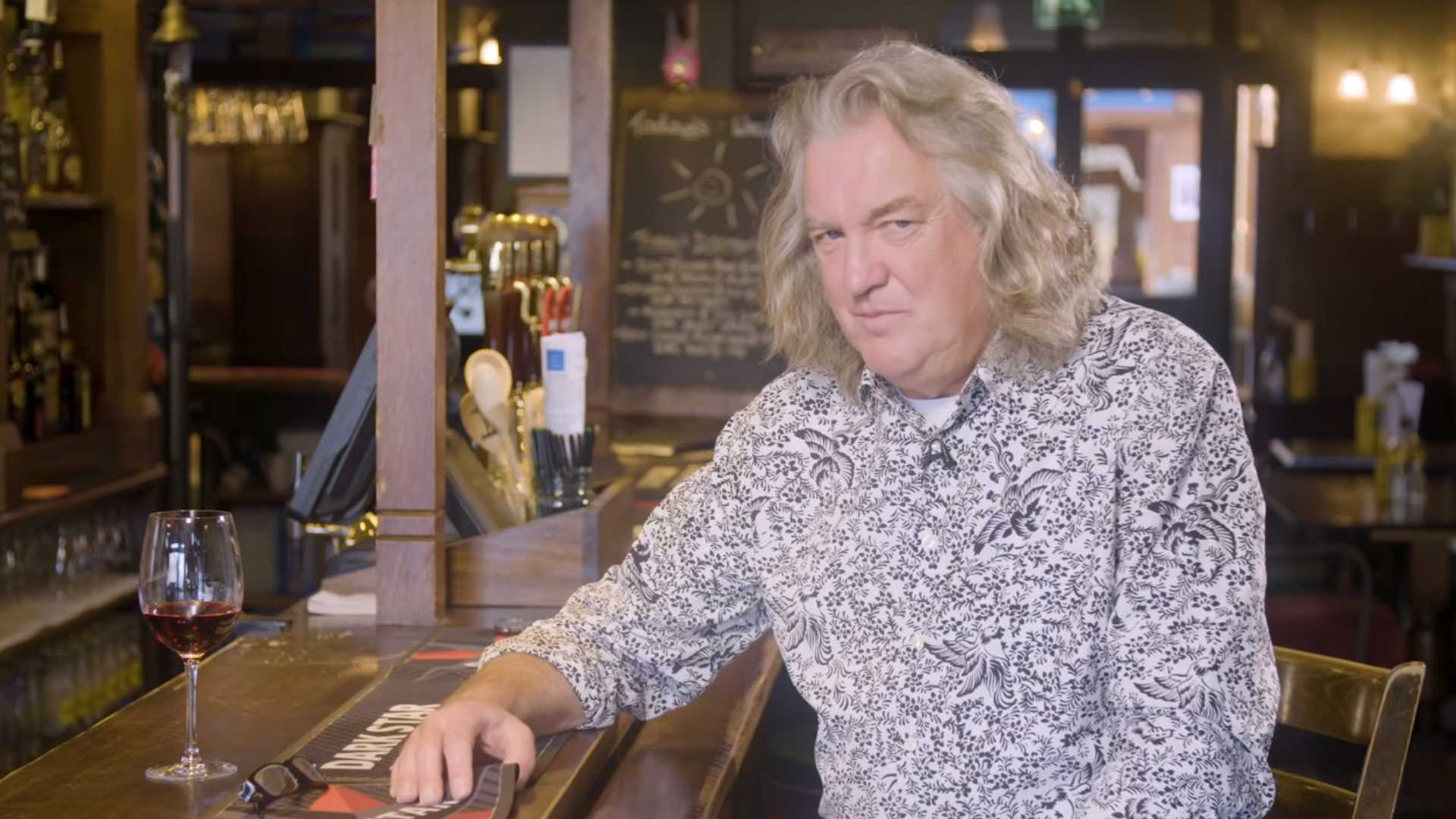Jacques Villeneuve Reveals “Psychological Battles” with Michael Schumacher During Iconic 1997 F1 Conflict
In a recent interview, former F1 champion Jacques Villeneuve delves into the intense psychological warfare he engaged in with Michael Schumacher during their iconic rivalry, shedding light on the mind games that shaped their competition.
Key Takeaways:
- Villeneuve discusses the strategic mind games and political maneuvers that unfolded during his historic rivalry with Schumacher.
- The 1997 European Grand Prix stands out as a pinnacle moment in their conflict, showcasing Villeneuve’s tactical prowess in securing victory.
- The aftermath of the championship battle underscored the role of mental strategies, leading to a controversial decision by the FIA that ultimately favored Villeneuve.

Reflecting on the intense rivalry with Michael Schumacher, Jacques Villeneuve reminisces about the psychological battles that unfolded during their peak years in Formula One. With the tension mounting leading up to the 1997 European Grand Prix, Villeneuve recalls a series of incidents that set the stage for their dramatic showdown.
Villeneuve elaborates on the strategic maneuvers and mind games that characterized their rivalry:
“Probably. But before that there was another incident in Hockenheim. A few races from the end he was nine points behind before I got disqualified at Suzuka. That gave him the lead. He felt he had the championship won. I am sure of his mindset.
“Then it became a political thing and mind games before the race. A lot of that final race happened before it started! It involved me making sure through the media that we made everyone aware of what had happened against Damon and how he had won that championship against Damon. That forced the FIA to think that if something nasty happened the driver would be disqualified.
“Already that put doubt in Schumacher’s mind that he couldn’t think that if he took me out nothing would happen. Then it happened. I surprised him. When you drive with all that psychological battle having gone on, you don’t have the same freedom in your racing. He ended up in the gravel.”
Villeneuve further details the pivotal moment during the European Grand Prix:
“That is what helped in that overtaking manoeuvre. I had a split second. I had decided coming out of the previous corner, it was that lap or never, knowing how the tyres were. I knew I had to get out of that corner just metre closer to him than any other lap. I could see how deep I was braking and every time I was just getting to his gearbox. I thought if I could just get one metre closer down the straight I could get a bit of a tow and then I could dive bomb him and it probably should work. He wouldn’t expect it or see me because I was too far in his mirror. That’s why I didn’t pull out until he started braking. He never saw me coming. It was split second. It was the championship or nothing. So why not go for it. Why finish second?
“It was never the case that I went to take him off. I actually did everything I could to stay on track to make the corner which I did in the end. It was my best move EVER in racing!
“What made me really happy was that Valentino Rossi, when he went to Jerez to race, went to that place and kissed the ground. That was nice.
“The Schumacher camp had already made Number 1 baseball caps with three stars on them [to signify his third world championship] and Eddie Irvine ended up finding one so he walked around the paddock with it!”
The fallout from their rivalry reached a climax during the 1997 Drivers’ Championship, with the FIA decision favoring Villeneuve after Schumacher’s controversial maneuver. This conflict remains etched in F1 history, highlighting the intricate dynamics of competition both on and off the track.
Thank you to BetIdeas for facilitating this insightful interview.


